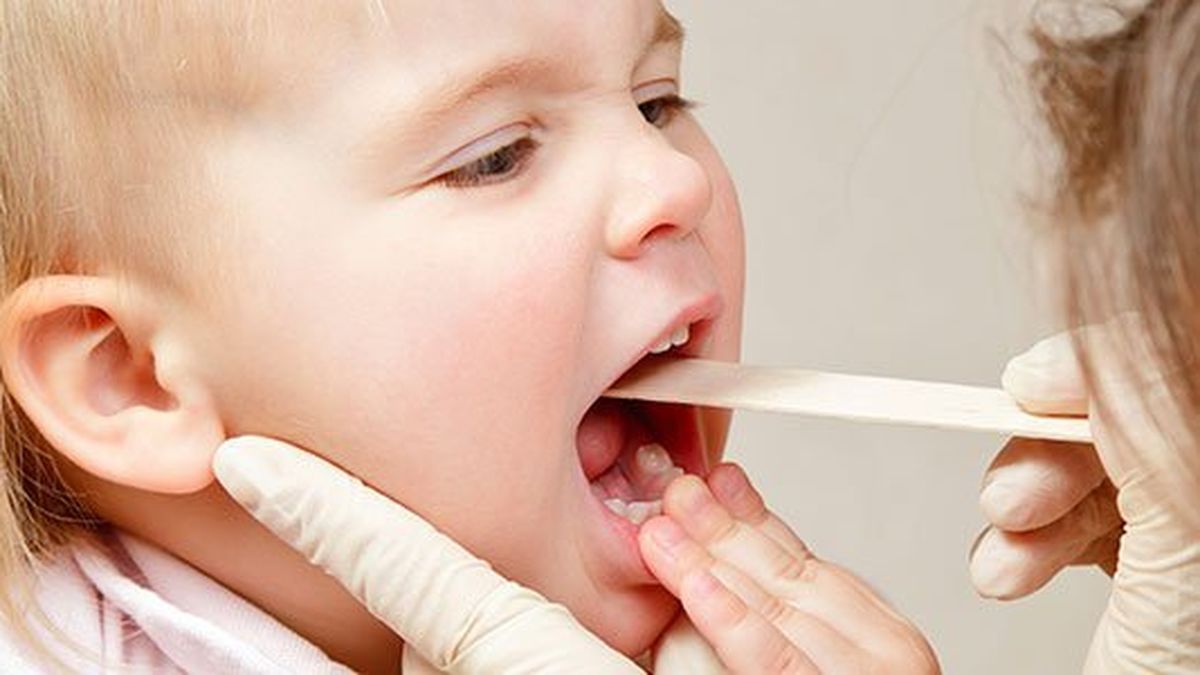The data is consistent with country-level increases reported in recent hours. Five people have died in the city.How to avoid complications caused by this bacteria
Serious infections caused by Streptococcus pyogenes have also increased in Rosario, In line with yesterday’s report from the National Department of Health, which reported The number of severe cases nationwide has increased by more than 400%.
So far in 2023, the number of invasive infections caused by this germ in the city has been twice as high as in 2022 (20 severe cases and 10 severe cases). Four people died in all of last year and five have died this year.
Another piece of information suggests the bacteria is spreading much more widely than before Last week, an outbreak of scarlet fever, caused by the bacterium, occurred at a school in the southern region of Rosario, with more than 10 primary school children infected within days. According to data provided by the Municipal Health Bureau, it was confirmed that all of them were infected with Streptococcus pyogenes.
Fortunately, none of the boys required hospitalization and were quickly treated with antibiotics (penicillin), which stop the bacteria.
Although Streptococcus pyogenes usually causes mild to moderate symptoms, especially pharyngitis, in more vulnerable people (but sometimes without a specific medical condition) it can cause serious complications such as sepsis, cellulitis Tissue inflammation and erysipelas.
world alert
The World Health Organization reported an increase in the spread of this bacterium in late 2022 and issued an alert to all countries. Countries such as Spain and England are seeing alarming increases in serious cases of Streptococcus pyogenes.
It was then that a group of infectious disease experts working at the public health department in the field of epidemiology, led by Dr. Matthias Lassiter, decided to start more detailed surveillance to determine whether the increase in cases occurring elsewhere would increase. , has relevance in Rosario.
In scrutinizing these figures, they noted with concern Scarlet fever (caused by Streptococcus) has increased 100% in the city compared to last year.
They also identified increases in infections due to sepsis and erysipelas (a skin disease), which lead to hospitalization of children and young people in both the public and private sectors.
Detailed monitoring and reporting of cases began in Rosario and soon after at the national level. Thus, to date, serious cases caused by Streptococcus pyogenes have been reported in most Argentinian provinces. Now, the state Department of Health will go a step further with the idea of reporting all cases that test positive, not just severe cases that require hospitalization. A major meeting with provincial ministries on this issue will be held tomorrow.
fatal case
In Argentina, so far this year, there have been reports 487 people were seriously infected, 78 of whom died. In 2022, the number of people nationwide suffering from invasive infections due to this bacteria was 75, and 16 people died as a result.
Considerable growth has also occurred in other Latin American countries.
As surveillance and case reporting intensifies, more of these conditions are likely to be documented, although no one on Argentina’s health team suspects that more people are infected with the bacteria than in the past.
In Rosario, patients with invasive, life-threatening infections caused by Streptococcus pyogenes range in age from 10 to 76 years.
The five deaths in 2023 are: four adults died in public and private hospitals in Rosario and one child was admitted to Vileira Hospital.
Lassiter, who is in charge of the city’s communicable diseases, said no one has been hospitalized as a result, but surveillance has been stepped up given the increase reported at the national level.
How to prevent complications
Lahitte explains: “Streptococcus pyogenes belongs to a group of Gram-positive bacteria that can be carried in the throat or skin of humans. They are infections that are spread relatively easily through close contact with a carrier of the bacteria. The person can cough, snort, or Spread the virus by sneezing or touching a wound.”
Group A Streptococcus (or Streptococcus pyogenes) can cause mild illness (most commonly) such as tonsillitis, pharyngitis, impetigo, cellulitis, and scarlet fever, or more severe illness when associated with invasive disease.
A common denominator in most deaths is a delay in seeking care due to a lack of knowledge or because the condition is downplayed, which complicates the patient’s condition.
Although it can happen to anyone, children under 10 years of age are most susceptible to Streptococcus pyogenes. And people of all ages with risk factors. Therefore, when symptoms such as sore throat, fever above 38 degrees, general malaise, rash, etc. occur, exudate examination is generally required to confirm or exclude the presence of Streptococcus pyogenes.
“The pediatric or adult physician who sees the patient in the office or on call will evaluate the patient and determine whether transudate is needed based on a range of parameters. Generally speaking, when there is no mucus and cough, but there is fever, sore throat, and rash , it may be that bacteria are circulating rather than a viral disease,” the doctor said.
If a condition with these characteristics develops, consult a pediatrician or family clinician or call emergency services as early as possible so that prompt action can be taken to avoid complications, as bacteria respond well to antibiotics.

